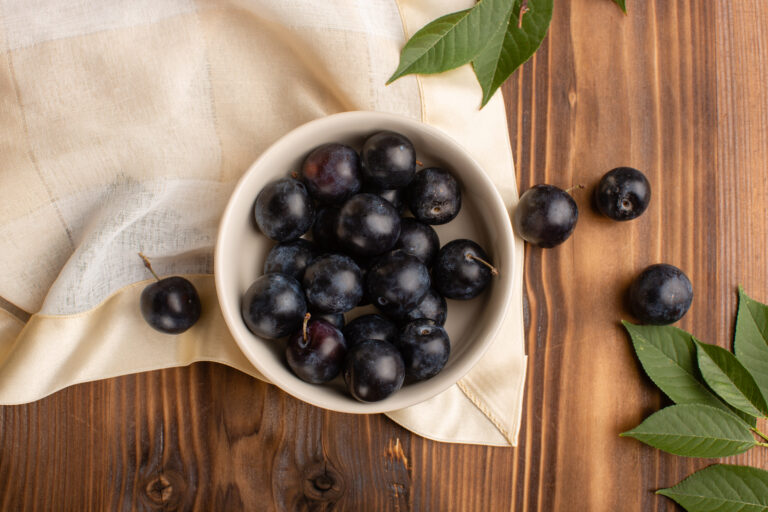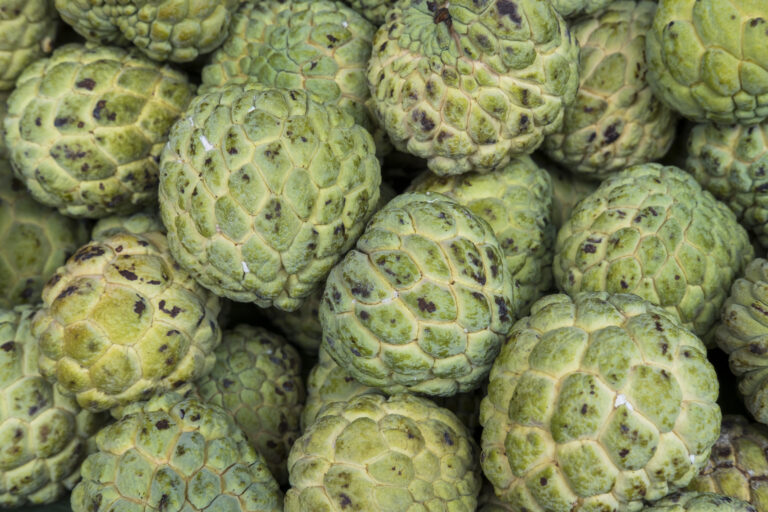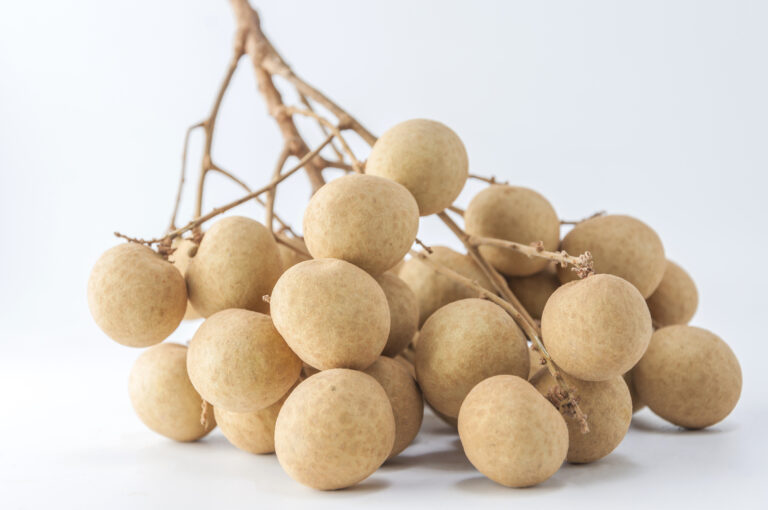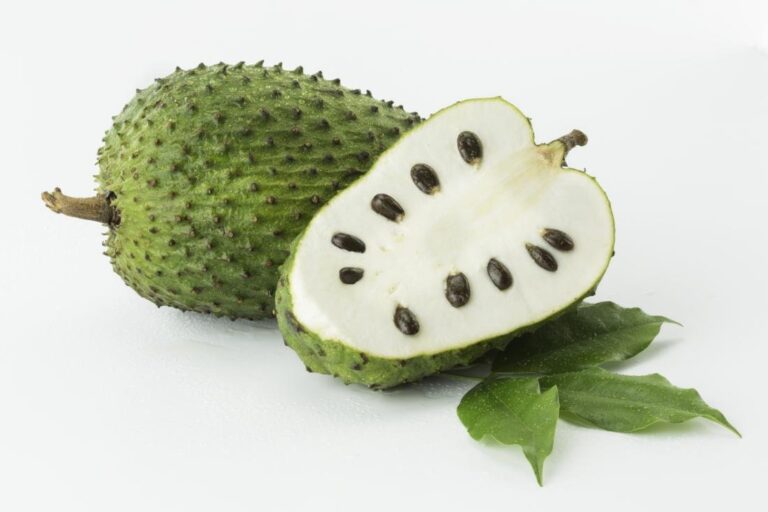Overview
Jabuticaba fruit scientifically known as Plinia cauliflora, is an intriguing fruit native to Brazil. What distinguishes it is its unique growth habit—bearing fruit directly on the trunk, a phenomenon known as cauliflory. Belonging to the Myrtaceae family the slow-growing evergreen tree can reach heights of 15 to 45 feet. The small fruits ranging from 1 to 2 cm in diameter have tough, purplish-black to dark purple skin when ripe.
Jabuticaba fruit is prized for its sweet and tart flavor, reminiscent of a blend of grape, lychee, and rosewater. Widely used in Brazilian cuisine, the fruit is consumed fresh or transformed into jellies, jams, wines, and liqueurs. Rich in vitamins, minerals, and antioxidants, Jabuticaba offers potential health benefits. Beyond its culinary uses, the tree has cultural significance in Brazil, featuring prominently in festivals and folklore.
Often cultivated for its ornamental value, Jabuticaba trees thrive in subtropical to tropical climates, though their slow growth and perishable nature present cultivation challenges. Despite these hurdles, the fruit remains cherished for its unique attributes, making it a sought-after delicacy in regions where it can be grown.
Nutritional Content
Jabuticaba fruit is a unique and intriguing fruit native to Brazil, and offers a distinctive combination of flavor and nutritional benefits. Here’s an overview of the nutritional content of Jabuticaba fruit per 100 grams:
- Calories: Approximately 58 kcal
- Carbohydrates: Around 15.3 grams
- Sugars: Approximately 9.8 grams
- Dietary Fiber: Roughly 2.3 grams
- Protein: About 0.4 grams
- Fat: Approximately 0.3 grams
Vitamins:
- Vitamin C: Approximately 23.5 milligrams
Minerals:
- Calcium: Around 45 milligrams
- Phosphorus: Roughly 11 milligrams
- Iron: Approximately 0.2 milligrams
- Potassium: Approximately 358 milligrams

Jabuticaba is not only nutritionally rich but also known for its unique growth habit, with fruits appearing directly on the trunk.
6 Healthy Benefits of Jabuticaba Fruit
Jabuticaba fruit, with its unique flavor and nutritional profile, offers several health benefits. Here are six notable advantages of including Jabuticaba in your diet:
-
- Rich in Antioxidants:
- Beyond vitamin C, Jabuticaba contains various polyphenols, flavonoids, and anthocyanins, which contribute to its antioxidant properties. These compounds have been associated with reducing inflammation and protecting cells from damage caused by free radicals.
- Boosts Immune System:
- Vitamin C not only supports immune function but also aids in collagen synthesis, promoting skin health and wound healing. Regular consumption of Jabuticaba can enhance the body’s ability to resist infections and promote overall tissue repair.
- Bone Health:
- Calcium is essential for bone mineralization, while phosphorus plays a crucial role in bone structure. The combination of these minerals in Jabuticaba supports bone health, reducing the risk of conditions like osteoporosis and ensuring proper skeletal development.
- Heart Health:
- Potassium in Jabuticaba helps regulate blood pressure by counteracting the effects of sodium. This is vital for cardiovascular health, as maintaining a healthy blood pressure level reduces the risk of heart disease, strokes, and other related conditions.
- Dietary Fiber for Digestive Health:
- The dietary fiber in Jabuticaba promotes digestive health by adding bulk to the stool and supporting regular bowel movements. Additionally, fiber serves as a prebiotic, nourishing beneficial gut bacteria and contributing to a balanced gut microbiome, which is linked to improved overall health.
- Low in Calories and Fat:
- Jabuticaba’s low-calorie and low-fat content make it an excellent choice for those focusing on weight management. The natural sugars in the fruit provide a sweet taste without the excessive caloric load, making it a healthier alternative to many processed snacks.
- Rich in Antioxidants:
Incorporating Jabuticaba into a balanced diet allows individuals to enjoy not only its unique and delightful taste but also the array of health benefits it provides.
In conclusion, Jabuticaba is not just a fruit; it’s a powerhouse of health benefits, cultural significance, and ornamental value. From its antioxidant-rich nature to its contribution to immune and bone health, Jabuticaba stands out as a remarkable addition to a well-rounded diet and a captivating element in cultural narratives and gardens alike.
I hope you got the answer to your query (Jabuticaba Fruit). Also, check out The Health Benefits of Loquat Fruit.













